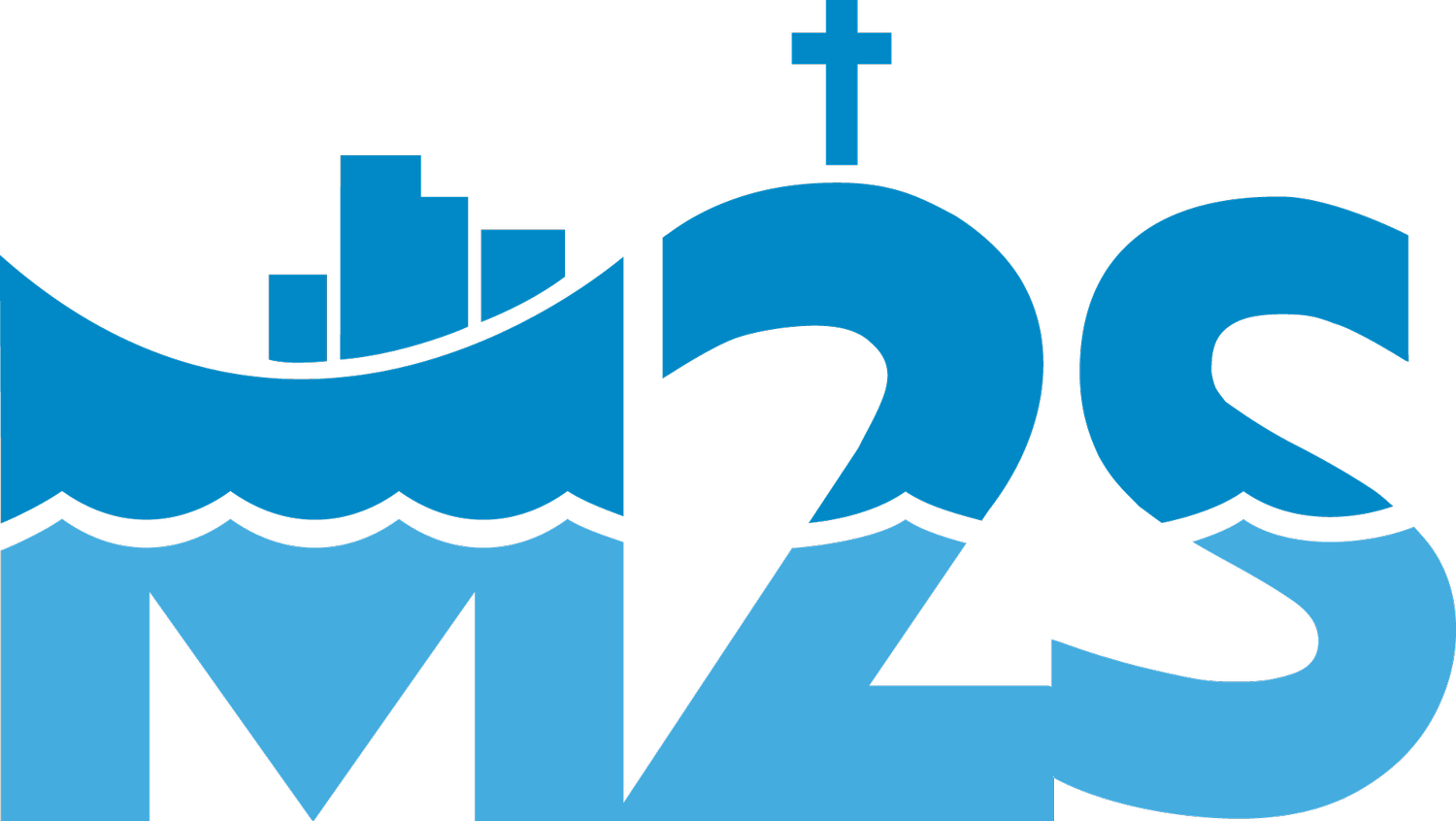He Stilled The Storm
You can listen to Psalm 107 below and read the passage in the New International Version here.
“Some went out on the sea in ships;
they were merchants on the mighty waters.
They saw the works of the Lord,
his wonderful deeds in the deep.
For he spoke and stirred up a tempest
that lifted high the waves.
They mounted up to the heavens and went down to the depths;
in their peril their courage melted away.
They reeled and staggered like drunkards;
they were at their wits’ end.
Then they cried out to the Lord in their trouble,
and he brought them out of their distress.
He stilled the storm to a whisper;
the waves of the sea were hushed.
They were glad when it grew calm,
and he guided them to their desired haven.
Let them give thanks to the Lord for his unfailing love
and his wonderful deeds for mankind.
Let them exalt him in the assembly of the people
and praise him in the council of the elders.”
Hi friends! Thank you so much for joining us here.
We hope these journal starters spark reflection on the Psalms.
If you want to, you can share some of your thoughts in the comments section below. We would love to hear how God is working in your heart.
You can listen to Psalm 107 here. You can find Psalm 107 in the New International Version here.
Journal Starter for Psalm 107
How does your heart respond to the words, "Give thanks to the LORD, for he is/ good;/ his loves endures forever"?
Without putting pressure on yourself, quickly write down a list of of four pictures, stories, or ideas that come to mind when you think of God saving you and bringing you to Himself.
All four pictures have a pattern: Trouble—Cry for Rescue—God Rescues—People Praise. Though the stories have a pattern, they show us different truths about humans and God.
Picture One: God provides for and satisfies wanderers (verses 4-9)
These wanderers couldn't find a way to a city where they could settle. They were homeless, hungry, and thirsty. They cry out to God and He led them to a city where they could settle and He satisfied their hunger and thirst.
In the New Testament, Jesus describes those who don't follow God in a way similar to how these wanderers are described. Jesus provides Himself in response to these needs:
The wanderers are lost, but Jesus is the Way (John 14:6)
The wanderers are hungry, but Jesus is the Bread of Life (John 6:35)
The wanderers are thirsty, but Jesus is the Living Water (John 4:13-14)
When have you most felt like a wanderer physically or spiritually? When/where do you feel settled?
How has Jesus provided for your needs? How have you experienced Jesus as the Way, the Bread of Life, and the Living Water?
What is home?
Picture Two: God sets prisoners free (verses 10-16)
We are not only lost wanderers without God, we are prisoners in chains due to our rebellion against God. Jesus said, "Everyone who sins is a slave to sin" (John 8:34). The prisoners in this picture were not only in chains, but in darkness.
They cried out to God and he saved them. He "brought them our of darkness,/ the utter darkness,/ and broke away their chains" (verse 14).
Jesus provides salvation from darkness and imprisonment. He said, "I am the light of the world. Whoever follows me will never walk in darkness, but will have the light of life" (John 8:12) and "if the Son sets you free, you will be free indeed" (John 8:36).
Is there anything you feel imprisoned or trapped by right now?
How has God sets you free from your sins?
How has God brought light into your life?
Picture Three: God Heals the Sin-Sick (17-22)
Our sickness is not always caused by sin, but in this case, it is. This stanza is about those who "suffered affliction because of their iniquities" (verse 17). The Message paraphrases this verse as "Some of you were sick because you lived a bad life,/ your bodies feeling the effects of your sin."
Even though the people described in this stanza were guilty, God rescued and healed them when they cried out to Him!
Jesus not only literally healed people, but also likened Himself to a doctor. When some Pharisees wondered why He was eating with "tax collectors and sinners" He said, "It is not the healthy who need a doctor, but the sick. But go and learn what this means: 'I desire mercy, not sacrifice.' For I have not come to call the righteous, but sinners" (Matthew 9:12).
Write about a time you felt physically, mentally, or emotionally sick as a result of your sinful behavior.
Is there anything you need to cry out to God for help with right now? Is God inviting you to cry out to Him and ask Him to rescue you from your sins through Jesus?
Tell about a time God healed you when you cried out to Him.
How has Jesus been like a doctor in your life?
Picture Four: God Saves Seafarers from a Storm (verses 22-32)
Derek Kidner writes of this stanza, "This fourth parable of Israel’s former plight (and, by extension, humanity’s as well) speaks not of our guilt but of our littleness" (Tyndale Commentary, About Psalms 73–150: An Introduction and Commentary, pg. 420).
The terrifying storm the seafarers encounter in this stanza brings them to a place of humility as they realize that no human strength or skill can save them from this storm and they need God's help. As Kidner observed, this picture shows us our littleness.
The seafarers cried out to God and He calmed the storm and guided them to a safe place.
Have you ever been in a big storm while at sea? What did it show you about yourself? What did it show you about God?
What do you think of this idea of "littleness"? When do you feel little? When do you feel big?
What role does God play in your understanding of yourself and control over your life?
At the end of each of these pictures, the people who are rescued give thanks to God and praise Him!
Read back over the ways God has rescued you and give thanks!
How does your heart respond to the first verse of this psalm now? "Give thanks to the LORD, for he is/ good;/ his love endures forever."
2. The last section of this psalm is not the same as the other pictures we've journeyed through. These final verses show us how people are not in control, but God is. We see God as sovereign over nature and sovereign over people's wealth.
Though God is indeed sovereign over our physical and material wealth, this passage can also be applied to our spiritual wealth and poverty. In the book of Revelation, the Spirit said to the church in Smyrna, "I know your afflictions and your poverty—yet you are rich!" and said to the church in Laodicea, "You say, ‘I am rich; I have acquired wealth and do not need a thing.’ But you do not realize that you are wretched, pitiful, poor, blind and naked. I counsel you to buy from me gold refined in the fire, so you can become rich; and white clothes to wear, so you can cover your shameful nakedness; and salve to put on your eyes, so you can see" (Revelation 2:8, 3:17-18).
When has God showed you more of Himself by taking something from you or giving something to you?
How has God provided for you physically and spiritually?
3. After this section about God's sovereignty, the psalmist invites EVERYONE to pay attention to what God has done. He writes, "Let the one who is wise heed these/ things/ and ponder the loving deeds of/ the LORD" (verse 43).
What has your time spent working through these journal prompts been like for you?
Why do you want to (or not want to) continue thinking about these things?
Is there anything God is inviting you to change in your life based on this scripture?


